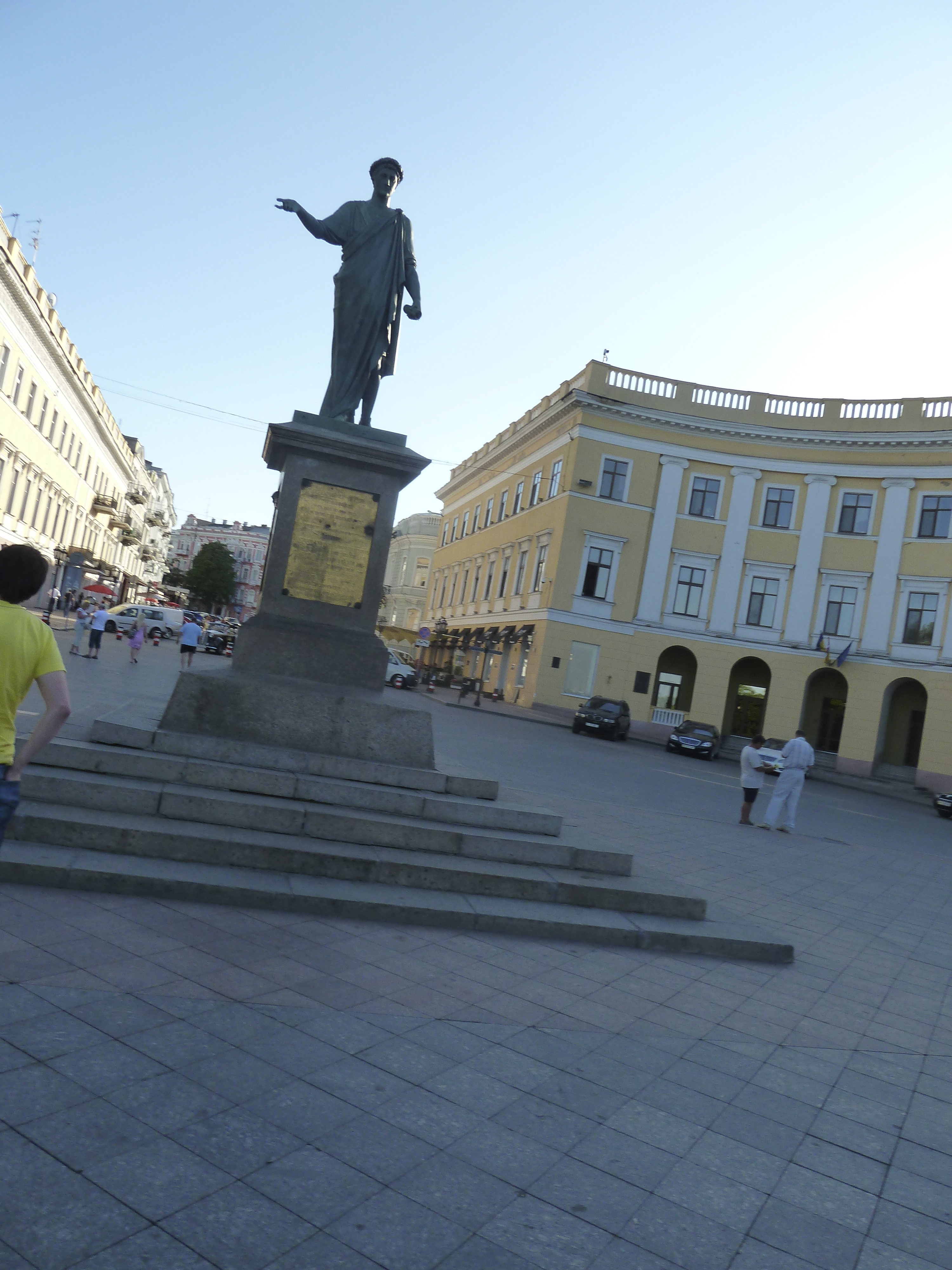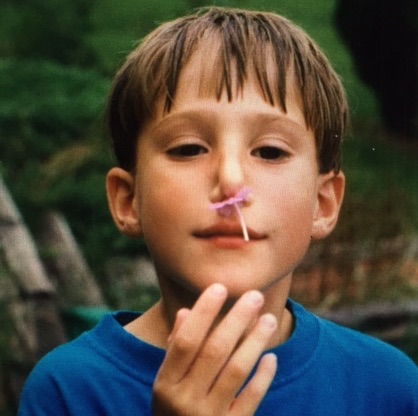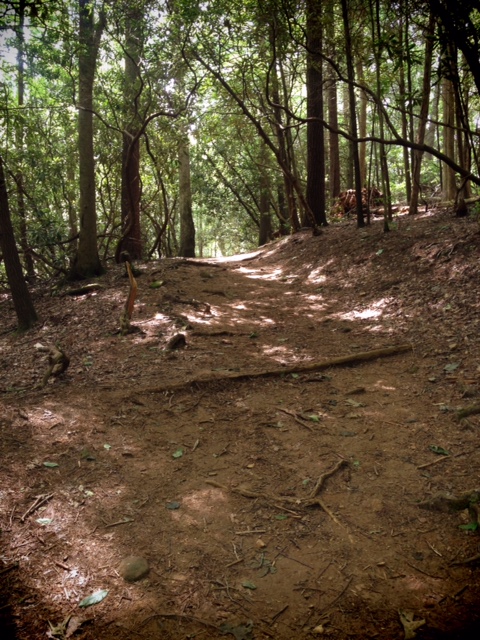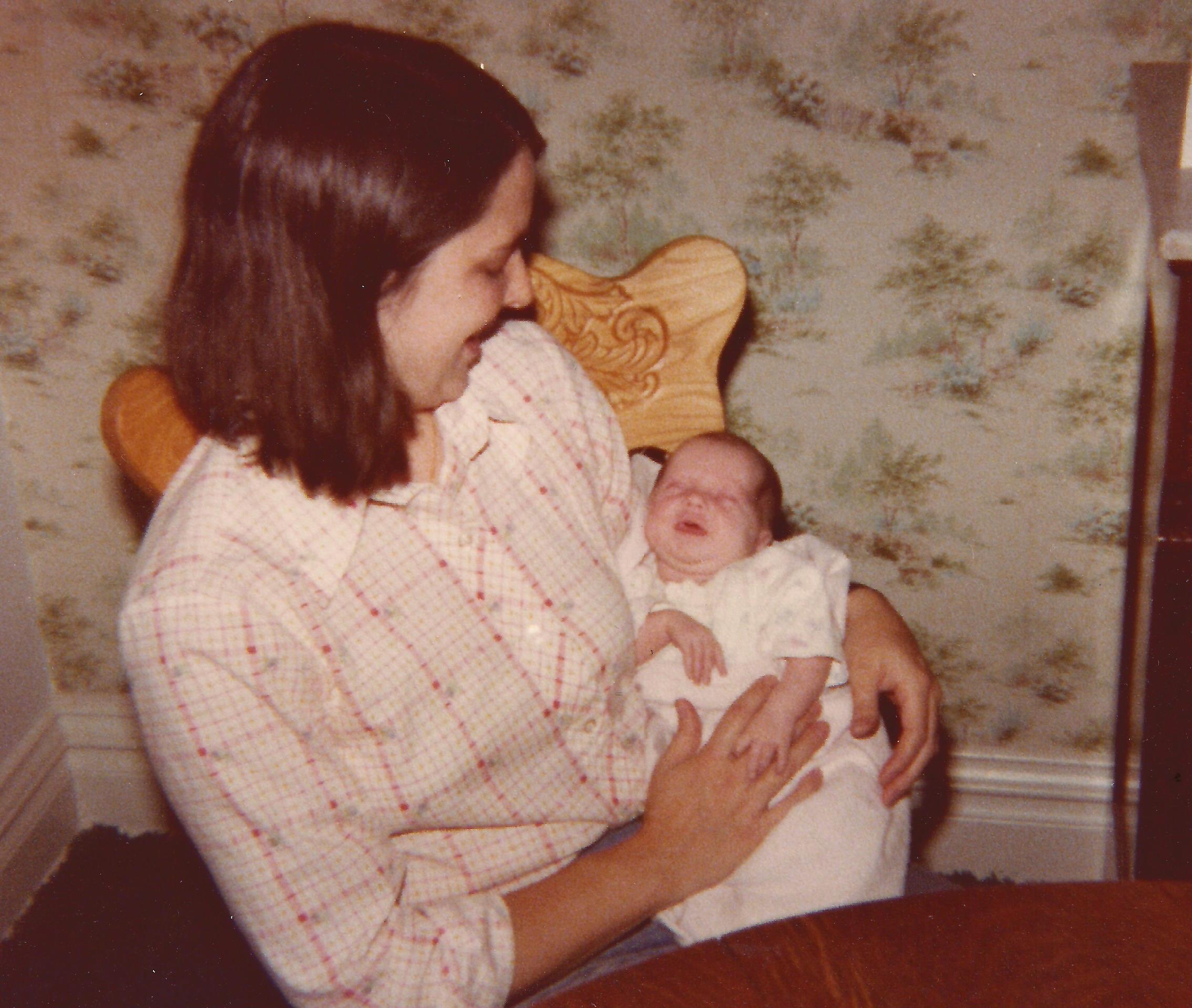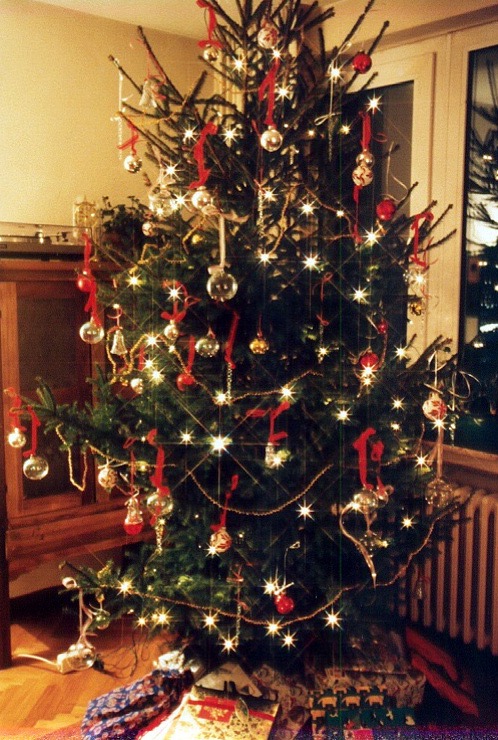The beginning of the alphabet brought us together. It was the first day of first grade. Smiling, curly-haired Mrs. B assigns seats by last name, so we were placed across the wide fiberboard table from each other. She says hi first with an open smile, and the knots that had been twisting in the pit of my stomach since the last day of kindergarten untie themselves. There’s a romance to the way we became friends, one that lingers for years afterwards. I’ll delight in telling people, “We’ve been best friends since the first day of first grade.” Until it’s not true anymore.
Her house is close to mine, separated by two minutes in the car or ten minutes by Razor scooter. In the wooded part of our small town, this practically makes us neighbors. We never get trick-or-treaters or door-to-door salesmen out here in the middle of nowhere. We’re the last two on the school bus route to be dropped off each day. We bond with proximity and time.
I have my first real sleepover at her house. Her bedroom is home to glow-in-the-dark stars on the ceiling, a pearly white vanity with lightbulbs around the mirror like in the movies, a small tank with two hermit crabs inside. My room has mismatched furniture and blank white walls my mom keeps promising we’ll paint. I sit at the vanity, looking at my yellow-washed face in the mirror. She chews on the fringe of her baby blanket. “It’s a habit,” she tells me.
“It’s okay,” I reply. “It’s your house.” I feel very grown up, wise beyond my six years. I don’t feel homesick at all.
The next year, and all of the years to follow, we’re in different homerooms. But we’re always the last two to be dropped off the bus; we share a seat, and we stick together. We spend the weekends at her house, building boats for our Barbies out of tissue boxes, setting them sail in the creek behind her house and conducting quick rescue missions when the boats disintegrate. We break the lowest branches off the trees, piling them in the water to clog the creek; we call it playing beaver dam and marvel at the way we can distort nature, warp it to our will. We make up radio shows, plays and songs, dance routines. We pretend that we’re grandmas, using fuzzy pink bathrobes and naked knitting needles as props, watching golf on her bedroom’s colorless TV set. We find fun in anything when we’re together.
It’s sixth grade. I don’t have an older sister, but she does, so she knows about things. She lets me borrow her bikinis in the summer. She smothers me with tanning oil and we lay out in the sun, beads of water like transparent pearls on our skin. I try to coax my complexion into a tan, something her olive skin obliges without protest. I burn instead.
I spend weeks at her family’s beach house on Cape Cod. We taste every ice cream flavor on the boardwalk, sand sticking to us like a second skin. We boogie-board and freckle in unison. We walk around Provincetown with arms around each other and colorful beads strung around our necks. Summertime is where we shine.
Seventh grade. She teaches me how to shave (“Be careful going around your knees and ankles.”), how to insert a tampon (“Use the mirror in the bathroom, it helps.”), how to shape my eyebrows into perfect tiny tadpoles (“Apply lotion when you’re done to help with the stinging."). She curls my hair, the ringlets hanging limp and lifeless, framing my face like wet curtains. My body just won’t do the things hers does.
We buy skateboards and try to teach ourselves. I’m too timid, too afraid to fall. She’s bolder, eventually able to do an ollie, getting the back of her board two inches off the ground. She goes to the skate park by herself and returns with scraped knees and a bruise on her chin. I never go with her, content to listen to her stories of triumph and defeat whenever she returns.
She’s the most beautiful girl at our school, effortlessly pretty even in unwashed jeans and a baseball cap. But she’s always up for a dare, she sticks out her chin and doesn’t care what people think, which separates her from the popular crowd. I feel awkward and lanky in her presence, a stranger in my own skin most of the time. My every movement catches like gravel over rocks compared to the way she moves like water. She wants to chisel these imperfections away and coaches me to loosen up, to work soap in between my fingers after applying bug spray, to tilt my head way back in the shower to rinse all the conditioner out. We agree that I need to gain weight to fix my boyish figure, so she cooks me entire pots of macaroni and cheese, hands me the whole peanut butter jar and a spoon. I hope some of her ease and beauty will rub off on me, perhaps by osmosis, perhaps by prayer. I hope to wake up, transformed.
Eighth grade. We get off the bus early at a boy’s house, his stop a whole twelve minutes before ours. We perch on his flat rooftop in a semicircle with two other boys, passing a warm Sam Adams around underneath an unrelenting sun. I wince at the heavy, bitter taste of my first beer. She laughs and tilts her chin downward, flirting, and I try to imitate her. We play strip poker at the boys’ suggestion. They get down to their underwear and we take off our shirts, but refuse to take off our bras. The boy’s mother comes home earlier than expected; we grab our shirts and run into the woods to hide.
At her house, as soon as her parents go to bed, she sneaks alcohol out of her their liquor cabinet. We match each other shot for shot until we throw up into shopping bags. She clumsily tries to pick up my barf bag and it spills. She runs into the bathroom for carpet cleaner and returns, dousing the rug and scrubbing.
“What are you doing?” I ask.
“If it stains, my parents will know!” she responds, her voice a little shrill.
“I know. But why are you using Drano?”
She looks at the bottle in her hand and we dissolve into laughter.
We climb out her bedroom window, playing a drunken game of dare-or-darer, where every turn raises the stakes. We go streaking down her pitch-black road, our clothes billowing from our fists like flags; we dive into her neighbor’s hedges when the headlights of a car approach. We skinny-dip in the pond across from her house, giggling and sputtering in the dark. We wake up in the morning, aching, groggy, with pond scum in our hair. One night, the dare is to kiss each other. You can’t un-dare a dare, so we kiss, our tongues syrupy sweet and clumsy.
We live by a code that summer: we make every decision so that our someday-autobiographies are interesting. We urge each other on with reminders of, “Write your book!” We feel that we’re building something together.
That summer is our last one before high school. We’ll be attending different schools for the first time: I’ll be going to the regional public high, she’ll be going to a private school in Worcester, the closest city. We stay uptown until the sun sets, trespassing on the school’s dark soccer field, drinking vodka out of Mountain Dew bottles and talking about the future. We lay on our backs in the grass, never minding the goose shit that peppers the field, and we look up at the stars.
“This is the best summer I’ve ever had,” I tell her. We fall asleep each night listening to Harry Potter on tape and wake up in the middle of the day, her bedroom already filled with light, a wind chime tinkling in the distance. Time stretches on before us like a path in the woods.
At one point that summer, we make a pact. “It’s called a hillbilly handshake,” I say. “I read about it somewhere.” We enjoy calling ourselves hillbillies because it embodies what we still do: finding fun, even if it’s sometimes assisted with liquor these days.
“What do we do?” she asks, eager.
“Hock a loogie into our hands and shake,” I say, and it’s just hillbilly enough that we do it. Dramatically and in unison, we clear our throats and spit loudly into our palms. We clasp our hands together and shake on the fact that we’ll always be friends. Always, always, and for real, or we’d never do something so gross.
My first day of high school arrives before hers. When the bus drops me off at the end of the day, she’s waiting at the top of my driveway, eager to hear all about it. I tell her about the enormity of the school, the way the hallways get clogged like giant streams. I tell her I miss her.
When she starts school a week later, she hates it. “I can’t go here for four years. I just can’t. I’m gonna beg my parents to let me transfer next year,” she vows. She still wants to wear unwashed jeans and baseball caps, but now her parents take her to Express and The Limited for private-school-approved clothes. Every girl is a prep. Every girl wears makeup. None of the girls skateboard or spit or talk about Harry Potter with their best friends.
She’s not like that. Not until she is.
We hang out less and less; we’re both so busy. She makes new friends, gets a boyfriend. He’s nice enough, but sometimes it’s clear I’m a third wheel with the way they touch each other’s hands and hair. She stops talking about transferring to my school. I hardly ever sleep over. When I do, her sister makes jokes about us staying in on a Friday night like a couple of losers. Her dad raises his eyebrows at the sight of me, saying, “Wow, it’s been a while.” I see her forehead crease when these things happen. She’s bothered by other people’s comments like she never used to be. She gets a phone call in the middle of the evening, a private-school friend who might need an abortion. She’s worlds away even when we’re in the same room.
Best friends since the first day of first grade. There’s still a romance in that, but sometimes I wonder if I’m the only one who feels it.
The day of my junior prom, she lends me a dress and a pair of shoes. “See?” she says, pulling the gown out of her closet. “It’s like a Greek goddess dress, isn’t it?” She does my makeup, adding a little too much blush and heavy eyeliner. She’s still fulfilling her role as my surrogate sister and stylist. I’m unsure what role I fill for her. She waves to me from her front porch as I get into my car to leave, wishing me luck. I split the cost of a limo with friends and spend the evening trying not to dirty the bottom of her dress.
“I’m her best friend, but she’s not mine,” she told my cousin before our senior year.
On a sunny afternoon, my cousin relayed that message carefully, as if telling me a beloved childhood pet had died. We were sitting in my bedroom, poised on the edge of my bed as if about to take flight. My cousin was indignant on my behalf as she explained how she’d asked, how she’d wanted the details, but a heavy cloud was settling over me. “Oh” was all I managed to say. A knot the size of a child’s fist lodged itself in my stomach. A memory slowly surfaced. It was from two years earlier, when a mutual friend had accused me of being in love with her, my first-grade friend, my first friend. I denied it of course, but now I understood what she meant. It wasn’t love, but it was something close, something like devotion. Devotion carefully built and protected through years of knowing one thing to be true, and continuing to pretend even when I knew it was one-sided. And now it was gone. I couldn’t pretend anymore.
And that’s how our friendship ended. It ended the way many friendships do: suddenly, but also gradually over several years. When people asked what happened, I balked, biting the inside of my cheek, unsure how to explain it. It just was. With one simple statement delivered by messenger, the spell was broken. The lie was exposed. The crease in her forehead, the one that we both politely ignored for far too long, was finally acknowledged. We haven’t spoken to each other since. That was almost ten years ago.
Joelle A. Chassé was born and raised in the backwoods of New England. She currently lives with her husband and dogs in Nashville, Tennessee, where she writes fiction, poetry and essays. Find her on Twitter @JoelleChasse.

